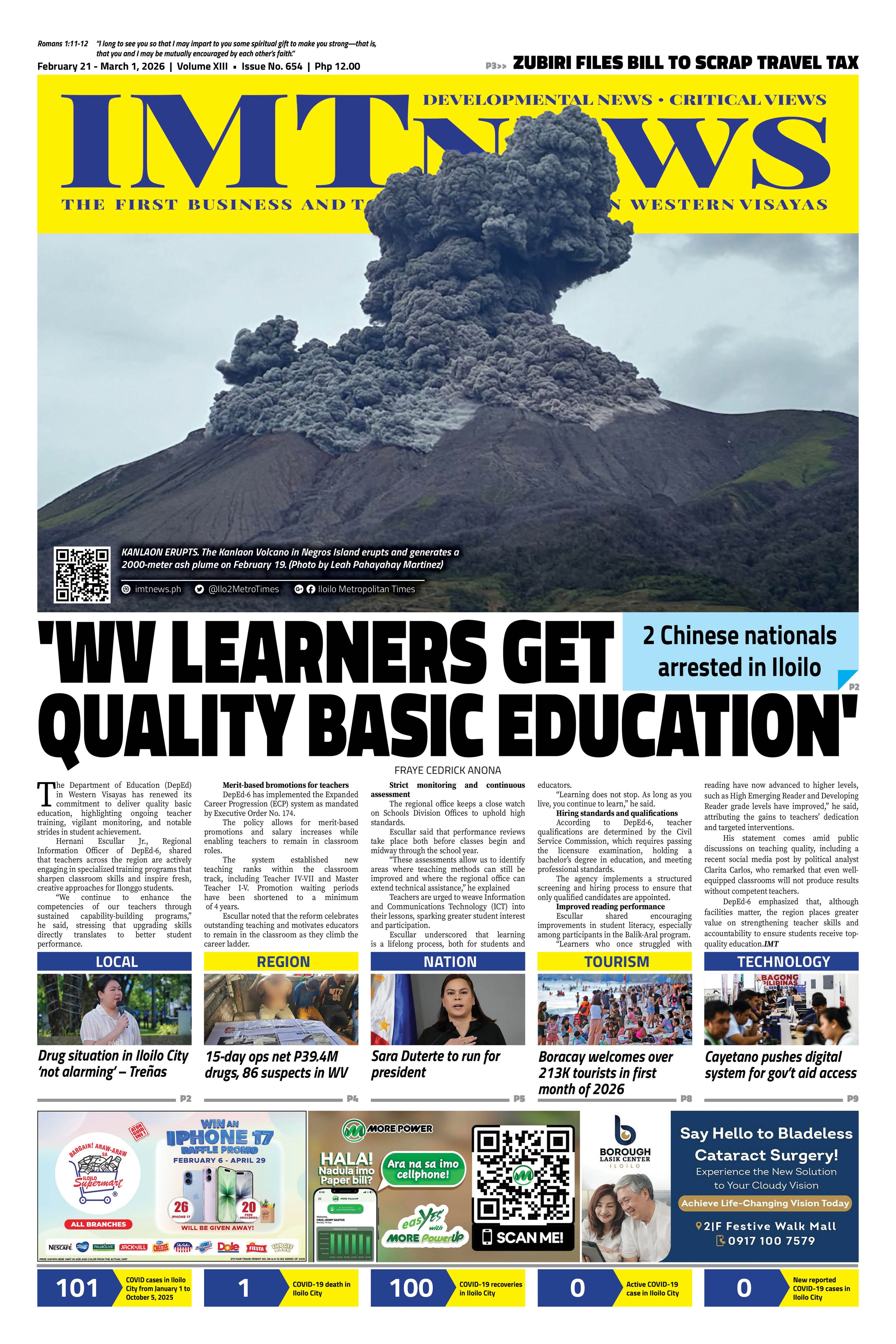Every Filipino teacher knows that the real weight they carry is not just the lesson plan or the chalk, but the silent frustration of decisions made far from the classroom. Education policies often come from top floors, built on numbers that do not reflect what is happening at ground level. That is why EDCOM 2’s push for an independent assessment of our education system feels less like another government initiative, and more like an honest attempt to finally listen.
With Republic Act 11899 as its backbone, EDCOM 2 is calling for outside experts—folks not tied to DepEd, CHED, or TESDA—to take a hard, objective look at what works and what does not. For decades, the same agencies have been rating their own performance. Reports may look polished, but they rarely mirror the messy truths of overcrowded classrooms, exhausted teachers, and students left behind.
Take the 2022 PISA results: over 80 percent of Filipino students scored below basic proficiency in reading, math, and science. Rich or poor, students underperformed across the board. As Dr. Allan Bernardo pointed out, this is not about inequality—it is a full-system failure. Even private schools are struggling. And it shows. Ask any teacher: the real assessments come in the form of blank stares during reading time, borrowed uniforms, or notebooks filled with more doodles than sentences.
An independent review is not about blame. It is about getting real. EDCOM 2 wants clear eyes on problems like mass promotion, teacher overload, fragmented policies, and outdated curriculum. The agency they envision will not be clouded by internal politics. It can say what many already know: we have too many assessments, but not enough that actually help teachers. Too much paperwork, too little feedback.
In its 2024 focus groups, EDCOM 2 surfaced what teachers quietly endure—testing for the sake of numbers, data that arrives too late, and students who are passed along without the basics. Participants stressed that assessments should guide, not punish. For that to happen, the results need to make sense at the classroom level and come on time.
But assessment is just one piece. The structure itself needs fixing. Right now, decisions flow from three main authorities—Secretary, Division Head, Principal—to more than 800,000 teachers. It is slow, rigid, and prone to bottlenecks. As Jesuit national scientist Fr. Ben Nebres noted, real reform breathes through decentralization. Let regions decide more. Let schools innovate. Let solutions come from closer to the students.
This is not a brand-new idea. Back in the 1990s, the first EDCOM helped build CHED and TESDA. But over time, the system grew more tangled. Today, students deal with overlapping policies, unclear paths, and reforms that change too fast to keep up with. A fresh, independent audit could help untangle these knots and refocus the system on actual learning.
Of course, independence does not mean detachment. The agency must work with those who live the system daily—teachers, parents, learners. Groups like the Philippine Institute for Development Studies, in collaboration with UP, Ateneo, and La Salle, are already generating dozens of studies to support EDCOM’s work. But data is only useful if it moves beyond policy rooms and into classroom realities.
Some fear that this delays action. But rushing reforms without a clear picture is how we end up with half-built solutions. Just look at how K to 12 was rolled out—big promises, but limited resources, unclear tracks, and overwhelmed teachers. We cannot afford that again. Honest assessment is not delay. It is preparation.
And transparency is not enough. Lawmakers must act—not just listen. EDCOM’s commissioners are ‘legislators,’ but they are still the minority. The challenge is getting the rest of Congress to move beyond ribbon cuttings and campaign cycles, and finally pass reforms rooted in truth.
This is why EDCOM’s call matters. It is not just about systems and policies. It is about the teacher who buys chalk from their own salary. The student who shares a textbook with four others. The school with no principal, no internet, no librarian, and one broken electric fan. These stories deserve more than apologies. They deserve action grounded in what is real.
For the thousands of educators battling burnout, learning loss, and shifting guidelines, this is not theory. It is lived experience. They are not afraid of evaluation. They just want it done right—with support, with fairness, and with solutions that stick.
Because if we want to build a system that is honest, inclusive, and ready for the world, then we need to start with a clear mirror—held by someone with no agenda but the truth. And maybe, finally, the courage to fix what it reflects.
Doc H fondly describes himself as a ”student of and for life” who, like many others, aspires to a life-giving and why-driven world grounded in social justice and the pursuit of happiness. His views do not necessarily reflect those of the institutions he is employed or connected with.
No more polished scores






